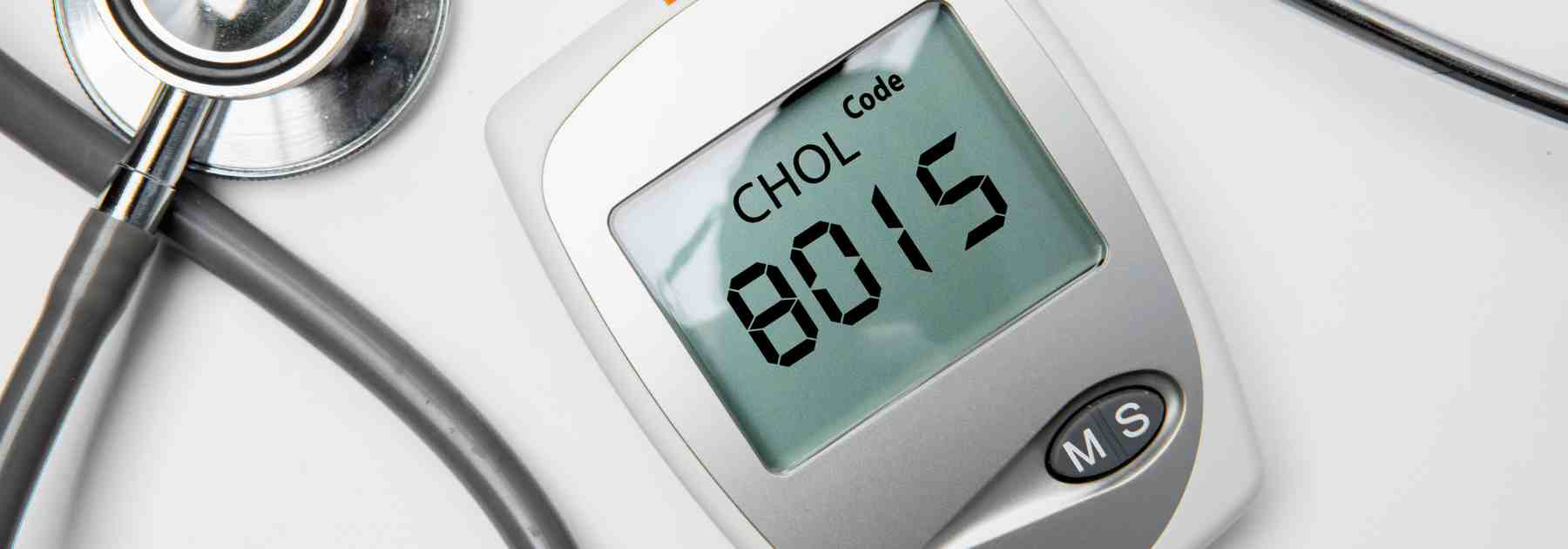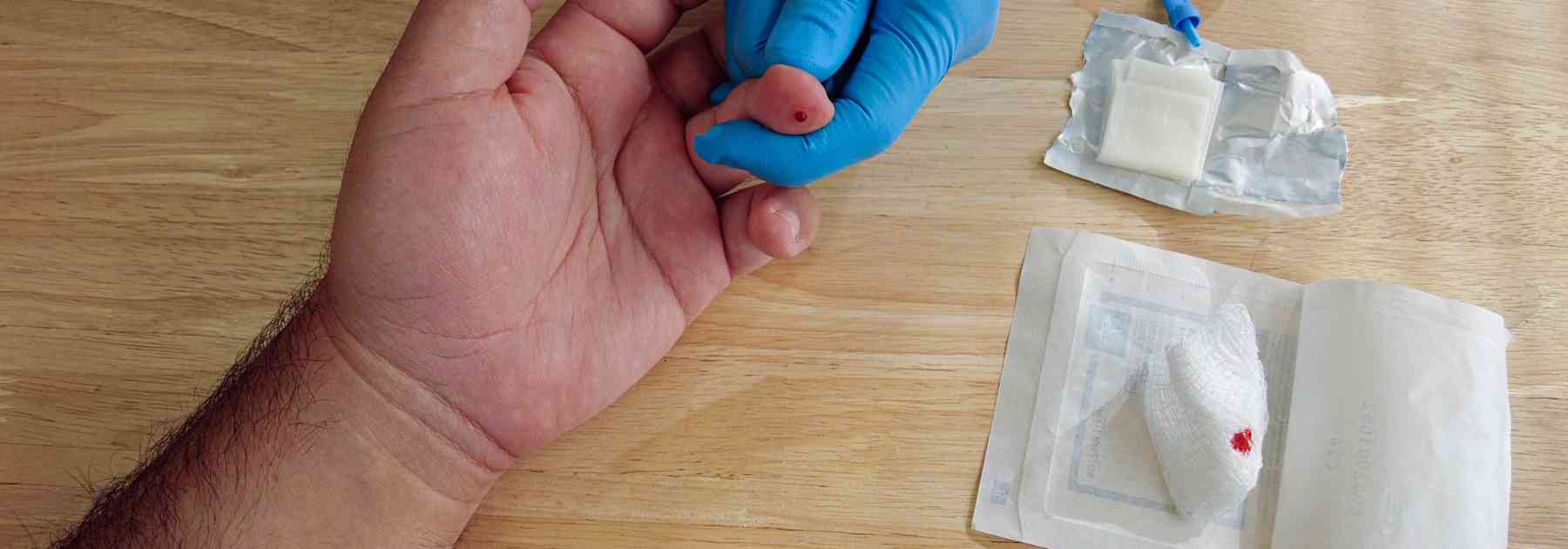At Halo Health, we believe in making health monitoring accessible and convenient. Home finger prick blood tests allow you to take control of your health by conducting a simple test from the comfort of your home. Here’s a Q&A to help you understand how these tests work, what they reveal, and how to make the most of your health check blood test.
Q: What is a home finger prick blood test?
A: A home finger prick blood test is a method of collecting a small blood sample using a lancet (a tiny, sharp needle) to prick the finger. You collect a few drops of blood in a vial or absorbent card, which is then analysed. This type of test is quick, minimally invasive, and can provide a range of health insights, from cholesterol levels to vitamin deficiencies.
Q: What can a health check blood test measure?
A: Home blood tests can measure various health markers depending on the test kit you choose. Common health indicators include:
- Cholesterol levels: Helps evaluate heart health and risk of cardiovascular diseases.
- Blood glucose: Important for detecting and monitoring diabetes.
- Vitamin and mineral levels: Identifies deficiencies in essential nutrients, such as vitamin D, iron, and B vitamins.
- Thyroid function: Monitors thyroid hormones to check for underactive or overactive thyroid issues.
- Liver and kidney function: Helps assess the overall health of these organs and can detect early signs of liver or kidney disease.
These tests offer valuable insights into your overall health and can help identify areas for improvement.

Q: How do I take a home finger prick blood test?
A: Taking a finger prick test is straightforward:
- Prepare your test kit: Ensure you have clean hands and follow any instructions provided, such as fasting if required.
- Prick your finger: Use the lancet to gently prick the side of your finger, where blood flow is strong and it’s less painful.
- Collect your sample: Squeeze your finger to get a few drops of blood, and collect it in the vial or absorbent card provided.
- Seal and send: Place your sample in the provided packaging, label it as instructed, and send it to the lab for analysis.
Your results will typically be available within a few days, and you’ll receive a report with a breakdown of each health marker.
Q: How accurate are home finger prick blood tests?
A: Home finger prick tests can be highly accurate when performed correctly and analysed by a certified laboratory. . However, for some specific tests, a larger blood sample taken by a healthcare professional may be more appropriate.
At Halo Health, our finger prick blood test kits are designed for accuracy and ease of use, making them a reliable option for regular health monitoring. We offer a range of tests and can discuss with you which is the best fit.
Q: What are the benefits of using a health check blood test at home?
A: Home blood tests provide several key advantages:
- Convenience: You can take the test at home without needing a clinic visit or waiting for an appointment.
- Privacy: Conducting the test privately at home offers comfort, especially for those who prefer discretion.
- Quick insights: Most test results are available within a few days, allowing you to monitor your health promptly.
- Preventive care: Regular blood testing can help detect early signs of health issues, empowering you to take action before symptoms arise.
With these benefits, home blood tests make regular health check-ups easier and more accessible.

Q: Are there any downsides to using a finger prick test?
A: While home blood tests are generally effective, they do have some limitations. They may not be suitable for complex testing that requires a larger sample, and results might occasionally need follow-up testing at a clinic. Additionally, if you find blood collection difficult or experience anxiety around needles, a finger prick test may feel uncomfortable.
If you have concerns about interpreting results or need further guidance, Halo Health’s team is available for consultations to help you understand your report.
Q: How often should I do a health check blood test?
A: The frequency depends on your health goals and any existing conditions. For general health monitoring, an annual check-up is a good baseline. However, if you have a specific health concern or want to track certain markers (such as cholesterol or blood glucose), more frequent testing may be beneficial. Regular testing can help you track improvements, adjust lifestyle changes, and discuss any concerns with your healthcare provider.
Q: What should I do with my test results?
A: Your test results will give you a clear picture of various health indicators. If any levels are outside the normal range, it’s wise to consult with our healthcare professionals who can help interpret the findings and suggest next steps. Sometimes, small adjustments in diet, exercise, or supplements can make a significant difference in your health markers.
For results that indicate a potential health issue, such as high blood glucose or abnormal liver function, further testing or medical advice may be needed. Halo Health provides support with follow-up consultations to help you create a health plan based on your results.
Q: Can I buy a health check blood test online?
A: Yes, at Halo Health, you can book a health check blood test online. Our test kits are easy to order and our team is on hand to explain the process clearly. After completing the test, you’ll receive results within days. An online consultation with our professionals is also available if you’d like help understanding your results or have further health questions.
With Halo Health, checking in on your health is simple, private, and convenient, enabling you to take proactive steps for your wellbeing.
Reach out to us now to find out more and learn about our range of blood tests.
This blog was written on behalf of Halo Health by Pharmacy Mentor.






